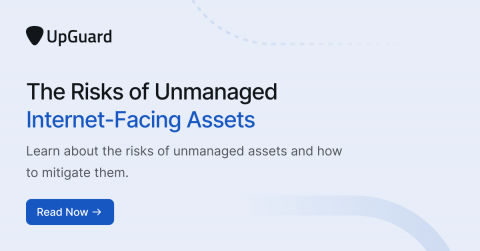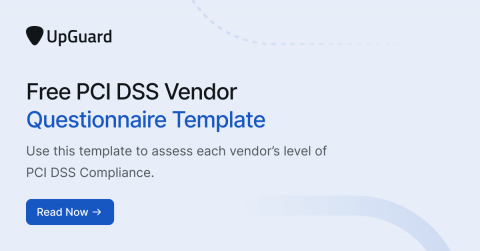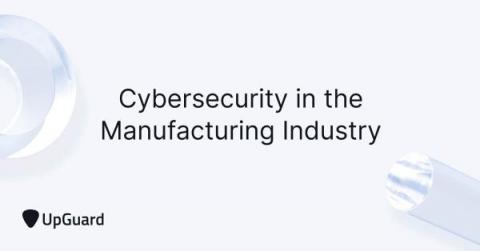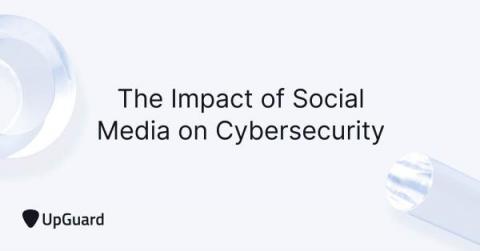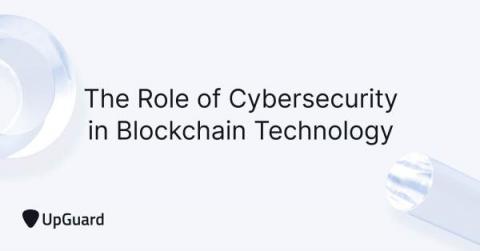The Cybersecurity Risks of Unmanaged Internet-facing Assets
Because unmanaged assets are not continuously monitored for security risks, they likely contain cybersecurity exposures, like software vulnerabilities and cloud security misconfigurations. When these assets are connected to the internet, they become active attack vectors heightening your risk of suffering a data breach. If you’re looking for ideas for reducing your organization’s attack surface, start by locating and decommissioning unmanaged internet-facing assets.


